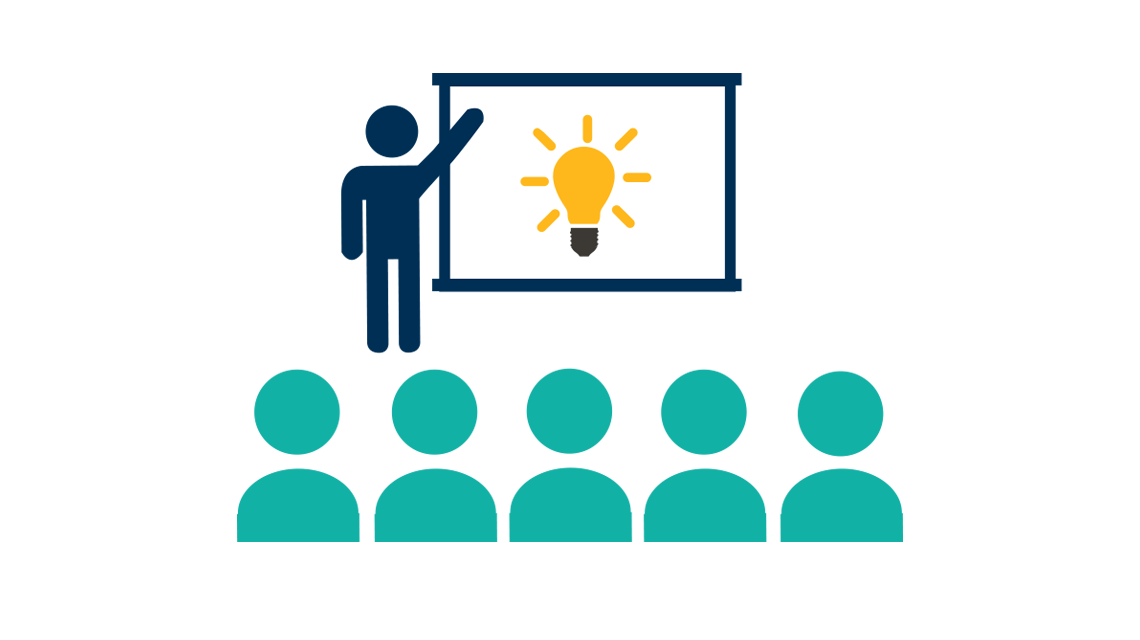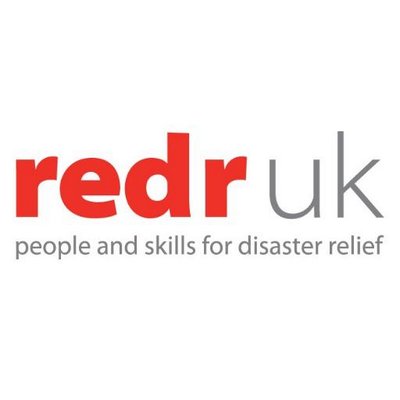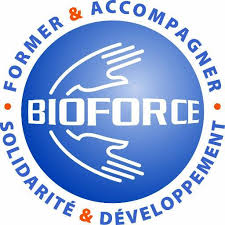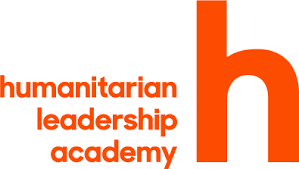Standardising professional development in the humanitarian sector
Do you want to help create globally recognised, quality-assured standards for humanitarian learning and assessment? A consultation process is underway and will include numerous opportunities to feed into the creation of the standards, including online collaboration and face-to-face workshops.
There is currently no single quality standard or quality assurance framework that is accepted across the humanitarian sector. As a result, there is little standardisation in learning and assessment quality assurance across the sector and, in some cases, the quality of services provided is affected.
In 2012, twenty-four organisations came together in a conference in Doha organised by ELHRA and the Qatar Shelter Initiative to explore the challenges relating to education, training and professional development in the humanitarian sector. They also considered the need for the development of a new global system for learning and professional development. The meeting concluded with a proposal to develop a globally applicable system that will capture, recognise and certify the skills, learning and development of aid workers (including volunteers) to improve service effectiveness to the most vulnerable.
These discussions have continued since 2012 through regular meetings of an informal consortium of stakeholders to bring the Doha proposal to life. The nine partners of the proposal currently include training providers, professional associations, a university and a private sector global education company.
In 2015, the Humanitarian Learning Academy (HLA) funded a Research and Inception Phase as the foundations for the future. This research mapped existing standards and quality assurance frameworks. Findings from the research revealed an appetite amongst humanitarian learning and assessment providers for a standardised system to improve the quality of their work. However, many felt reluctant or unable to adopt existing standards that others in the sector don’t use, recognise or value for various reasons:
- The work required to adapt standards from other sectors may be beyond the resource or ability of one organisation to undertake
- Current systems are often lengthy and costly to implement, with the effort involved being perceived as being disproportionate to the value
- Standards from other sectors are often not perceived to be relevant as they don’t reflect or account for the realities and challenges faced in humanitarian and low resource contexts.
Developing widely accessible quality-assured standards that are directly applicable for the sector will provide a powerful tool with criteria to measure the quality of current services and identify areas for improvement. Providers will be able to demonstrate and improve the quality of their services. This will inform individuals looking for training, and humanitarian agencies seeking to recruit and train staff. This should generate more demand for learning and assessment services. Operations will be more sustainable.
Comment and feeback on the draft standards
These are some ways in which you can share your knowledge and experience to help draft the standard(s):
Please contact the team directly at HPI@pearson.com to:
- request a focus group discussion or interview
- make a request to join the writing group
Share your feedback online
Your reflections will help us start off on the right track and be used to feed into a first draft of the standards.
If you have any questions about this project or require any further information, please email HPI@pearson.com.
RedR UK is a non-profit organisation that provides training, support and accredited certification to national and international crisis response stakeholders, both individuals and organisations.
Bioforce Institute is a non-profit organisation that provides training, support and accredited certification to national and international crisis response stakeholders, both individuals and organisations.
Humanitarian Leadership Academy is a global learning initiative set up to facilitate partnerships and collaborative opportunities to enable people to prepare and respond to crises in their own countries.
Pearson Education is an education organisation that helps charities to have a social impact through learning.



